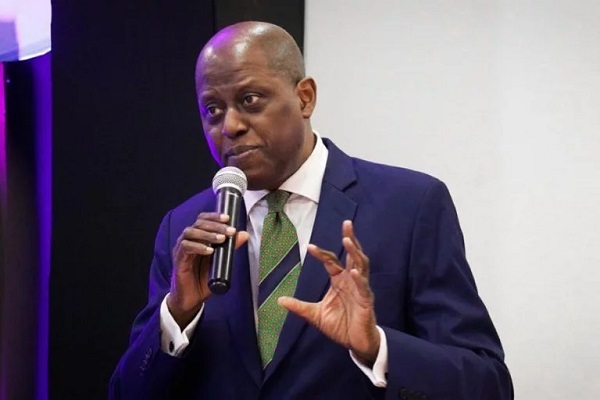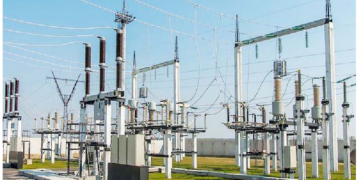The Central Bank of Nigeria (CBN) has said that it will tackle the rising inflation and exchange rate disparity by next year.
It also projected less revenue from oil exports in the next fiscal year just as it declared that total trade volume from Nigerian Foreign Exchange Market (NFEM) stood at N18.804 billion in the third quarter (Q3) of 2023.
The governor of the apex Bank, Olayemi Cardoso, made the disclosures in his presentation to the National Assembly Joint Committee on Banking, Insurance and other Financial Institutions.
He explained to members of the Joint Committee from both chambers of the National Assembly, that the outlook for the domestic economy in Nigeria for 2024 was very positive as both inflation and exchange rate issues would withstand fluctuating pressures on them and get stabilised.
“The outlook for the domestic economy remains positive and is expected to maintain the positive trajectory for 2024.
“Inflation pressures may persist in the short-term but are expected to decline in 2024. Exchange rate pressures are also expected to reduce significantly with the smooth functioning of foreign exchange market,” he said.
He specifically informed the legislative committee members that the unification of the exchange rate windows in June 2023 has ushered in a new approach to the management of the exchange rate, aimed at reducing arbitrage, rent-seeking behaviour and speculations in the forex market.
“The policy aims at creating a market where the demand and supply of foreign exchange determine the exchange rate.
“The premium has narrowed and our focus on increasing the autonomous FX supply would lead to more stability and further narrowing of the premium.
“Total trade in the third quarter of 2023, stood at N18.804.68billion. Exports were valued at N10.346.60billion while total imports stood at N8.457.68billion. This represents a positive trade balance, which would lead to increase of the external reserves,”the CBN governor explained.
He, however, stated that due to domestic prevailing factors, less revenues would be earned from oil exports in 2024.
He said: “We expect less revenue from oil exports due to the production limit of 1.78mbpd in 2024. OPEC-approved quota for Nigeria is 1.8mbpd, which is higher than the 2024 budget assumption.
“However, the country’s production has been below these thresholds. The budget benchmark for 2023 was 1.69mbpd, but the highest level of production during the year was about 1.35mbpd in Q3 of 2023.
“The reasons for the underperformance of the oil production target include crude oil theft and pipeline vandalization, production shut-ins and divestments by major oil companies,” he added.
Earlier before the CBN governor’s presentation, the chairman of the Joint Committee, Senator Tokunbo Abiru (APC, Lagos East), said the interactive session was organised for a statutory briefing by CBN in line with extant laws.
The co-chairman of the committee, Hon. Bashir Bello El-Rufai, in his remarks, commended the CBN governor and the entire management team on measures being put in place to stabilise the economy generally.











